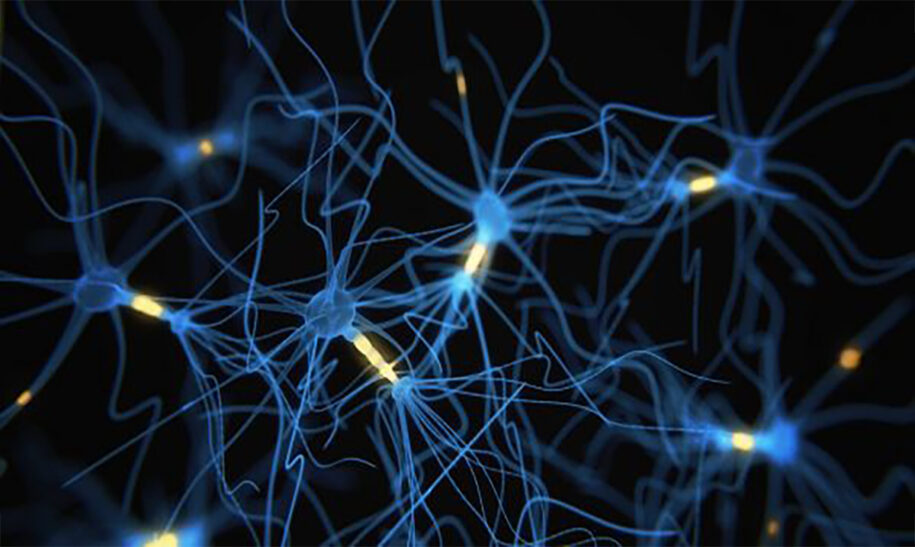New Evidence Suggests Alzheimer’s Doesn’t Destroy Memories, It Only Blocks Them
Today we suffer from a multitude of different diseases that ultimately can destroy our entire lives – Alzheimer’s Disease being one of the most popular.
Alzheimer’s disease is a serious mental illness that causes the degeneration of brain cells. It is a major problem and it affects some 5 million Americans. There is no known cure, however, researchers and scientists from Columbia University have found an interesting lead on developing a cure for this insidious disease.
The researchers discovered during a study published in the Journal Hippocampus, that the memories of mice with Alzheimer’s disease can be recovered using the power of lights, also known as optogenetically. This could alter our very understanding of the disease as a whole. The results were found when the researchers compared healthy mice with mice given a disease similar to human Alzheimer’s. Parts of the mice’s brains were engineered to glow yellow during memory storage and red during memory recall. Then, they were exposed to the smell of lemon followed by an electric shock.
One week later the mice were given the smell of lemon again. The healthy mice’s red and yellow glows overlapped and they expressed fear, showing they had the correct memory. The Alzheimer’s infected mice were indifferent, showing that they were recalling in the wrong part of the brain.
Christine A. Denny, the lead researcher of the study used a fiber optic cable to shine a blue laser into the mice’s brains. This successfully reactivated the lemon and electric shock memory, causing them to freeze when they smelt it. Ralph Martins of Edith Cowan University in Australia told New Scientist that “it has the potential to lead to novel drug development to help with regaining memories.”
The important question is whether mice’s brains and the artificial Alzheimer’s disease differ from human brain and human Alzheimer’s disease. Humans tend to lose more neurons than mice during the course of Alzheimer’s, making it difficult to target certain memories because our brains are just a bit more complicated.


